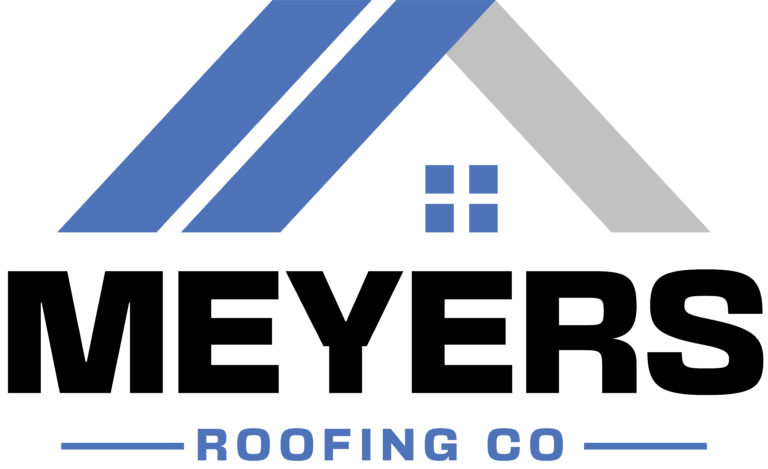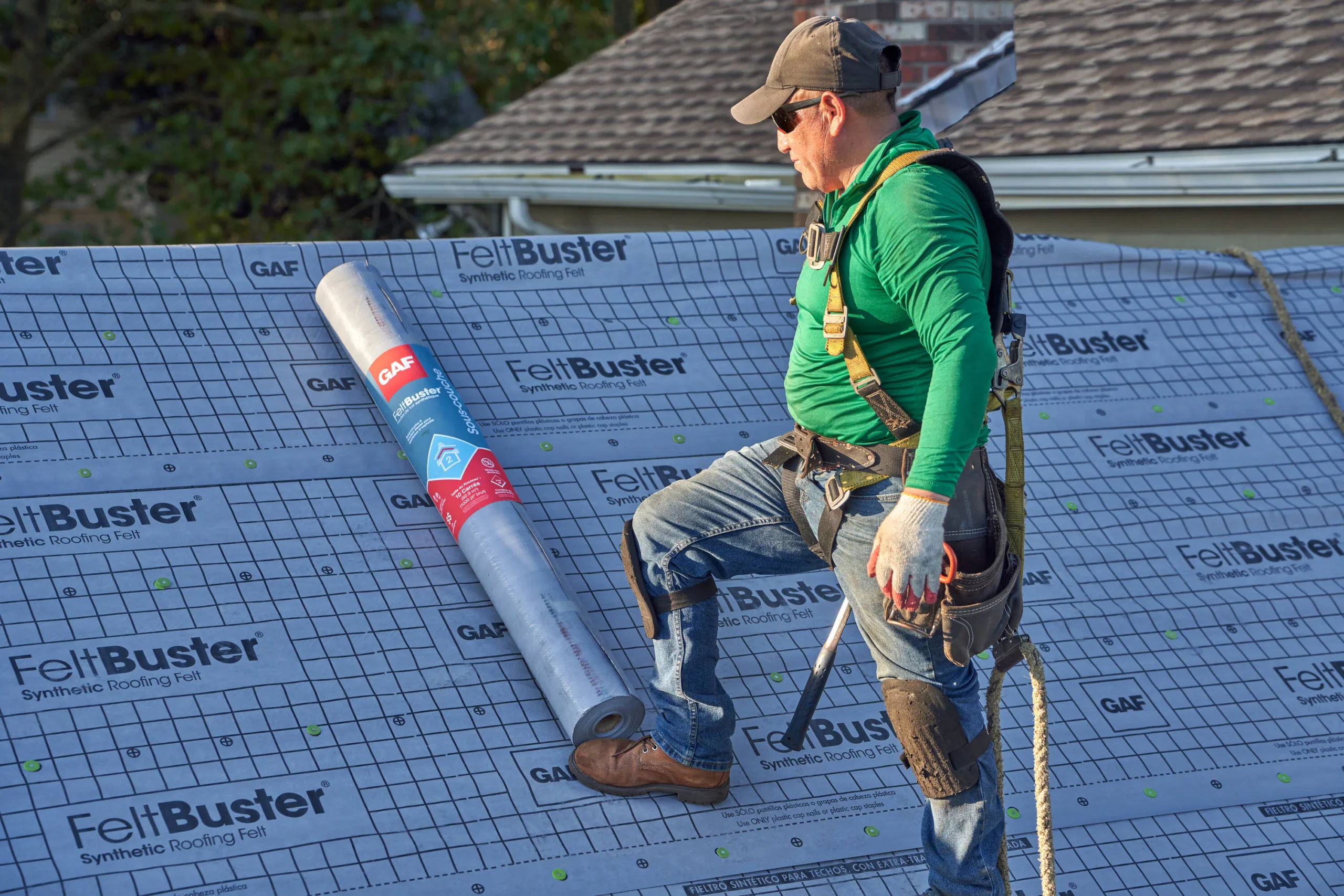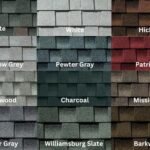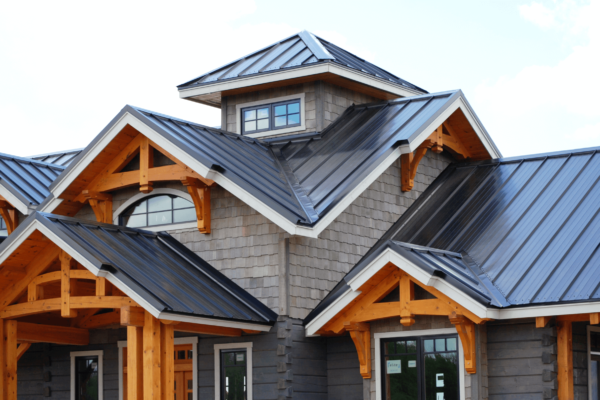Choosing the Best Roofing Underlayment & Exploring the Benefits of Synthetic Materials
When it comes to roofing projects, selecting the right underlayment is crucial for ensuring the durability and longevity of your roof. While traditional felt underlayments have been a staple in the roofing industry for many years, synthetic roof underlayments are increasingly gaining popularity for their superior performance and long-term benefits.
Why Choose Synthetic Roof Underlayments?
Synthetic roof underlayments offer several advantages over traditional felt underlayments. Here are some key reasons why they are preferred by many roofing professionals:
- Durability: One of the primary benefits of synthetic underlayments is their exceptional durability. Made from high-quality polymers and engineered materials, synthetic underlayments are designed to withstand harsh weather conditions, including heavy rain, strong winds, and UV exposure. Unlike felt underlayments, which can tear or degrade over time, synthetic materials offer long-lasting protection for your roof.
- Ease of Installation: Synthetic underlayments are lightweight and easy to handle, making them simpler to install compared to traditional felt underlayments. Their flexible nature allows for smooth application, even in challenging roofing situations. Additionally, synthetic underlayments typically come in large rolls, reducing the need for seams and minimizing installation time.
- Water Repellency: Synthetic underlayments are engineered to repel water effectively, providing an additional layer of protection against leaks and water damage. Unlike felt underlayments, which can absorb moisture and become saturated over time, synthetic materials remain impervious to water, helping to keep your roof dry and secure.
- Versatility: Synthetic underlayments are suitable for use in a wide range of roofing applications, including asphalt shingles, metal roofing, and tile roofing systems. Their versatility makes them a popular choice for both residential and commercial projects, offering reliable performance across various roof types and styles.
Considerations When Choosing a Synthetic Underlayment
While synthetic roof underlayments offer numerous benefits, it’s essential to consider factors such as cost, brand reputation, and warranty coverage when selecting the right product for your roofing project. While synthetic underlayments may have a higher upfront cost compared to traditional felt underlayments, their long-term durability and performance can provide significant value and peace of mind.
When it comes to roofing underlayments, synthetic materials offer a compelling combination of durability, ease of installation, and water resistance. By choosing a high-quality synthetic underlayment for your roofing project, you can enhance the performance and longevity of your roof while ensuring reliable protection against the elements.
At Meyers Roofing Co, we offer a wide selection of synthetic roof underlayments that are engineered to meet the highest standards of quality and performance. Contact us today to learn more about our products and how they can benefit your next roofing project.
When considering roofing underlayment options, it’s crucial to weigh the advantages and characteristics of each type to make an informed decision that aligns with your specific roofing needs and preferences.
- Felt Underlayment: Felt underlayment, also known as asphalt-saturated felt, has been a traditional choice for many years. It’s made from organic or fiberglass material saturated with asphalt for water resistance. While felt underlayment is often more affordable compared to synthetic alternatives, it may not offer the same level of durability and longevity. Felt underlayment is typically suitable for standard roofing applications and can provide temporary protection during roof installation or repair projects.
- Self-Adhered Underlayment: Self-adhered underlayment, also known as peel-and-stick underlayment, offers convenience and ease of installation. It comes with an adhesive backing that adheres directly to the roof deck. This type of underlayment provides excellent waterproofing properties and is resistant to wind-driven rain, making it ideal for areas prone to severe weather conditions. Self-adhered underlayment is known for its superior sealing capabilities, reducing the risk of water infiltration and enhancing overall roof performance.
- Synthetic Underlayment: Synthetic roof underlayments are gaining popularity in the roofing industry due to their exceptional durability, flexibility, and resistance to tears and wrinkles. Made from polypropylene or polyester materials, synthetic underlayments offer superior water resistance and UV protection compared to traditional felt underlayment. These underlayments are lightweight and easier to handle, contributing to faster installation times and labor savings. Additionally, they provide a non-slip surface for roofers working on steep slopes. Synthetic underlayments are known for their long-term performance, making them an excellent choice for homeowners seeking a reliable and resilient roofing solution.
Ultimately, the best roofing underlayment for your project depends on various factors, including your budget, climate conditions, and specific roofing requirements. Consulting with a professional at Meyers Roofing Co will help you assess your options and determine the most suitable underlayment type to ensure the longevity and performance of your roof.
Determining whether your roof underlayment is compromised requires keen observation of specific indicators:
Water Stains on Ceilings and Walls: An unmistakable sign of deteriorated underlayment is the emergence of water stains on ceilings and walls. These stains often manifest as brown discoloration or water spots indoors, signaling water infiltration through the roof structure.
Feel free to reach out to us for any roofing assistance you may need!
Corey O’Connor
Meyers Roofing Co.
Phone: 949-413-8406
Email: info@meyersroofingco.com
Website: www.meyersroofingco.com












